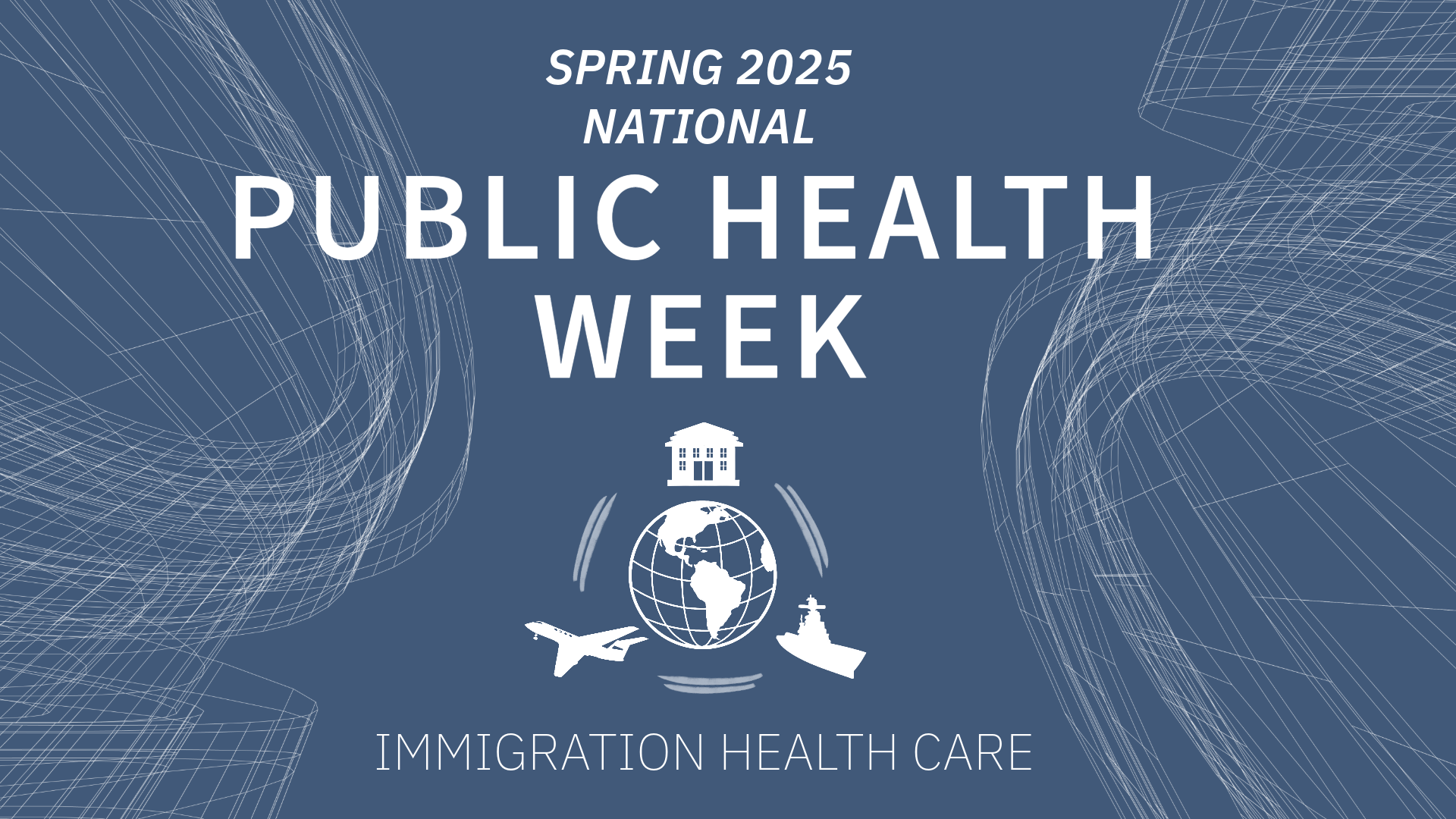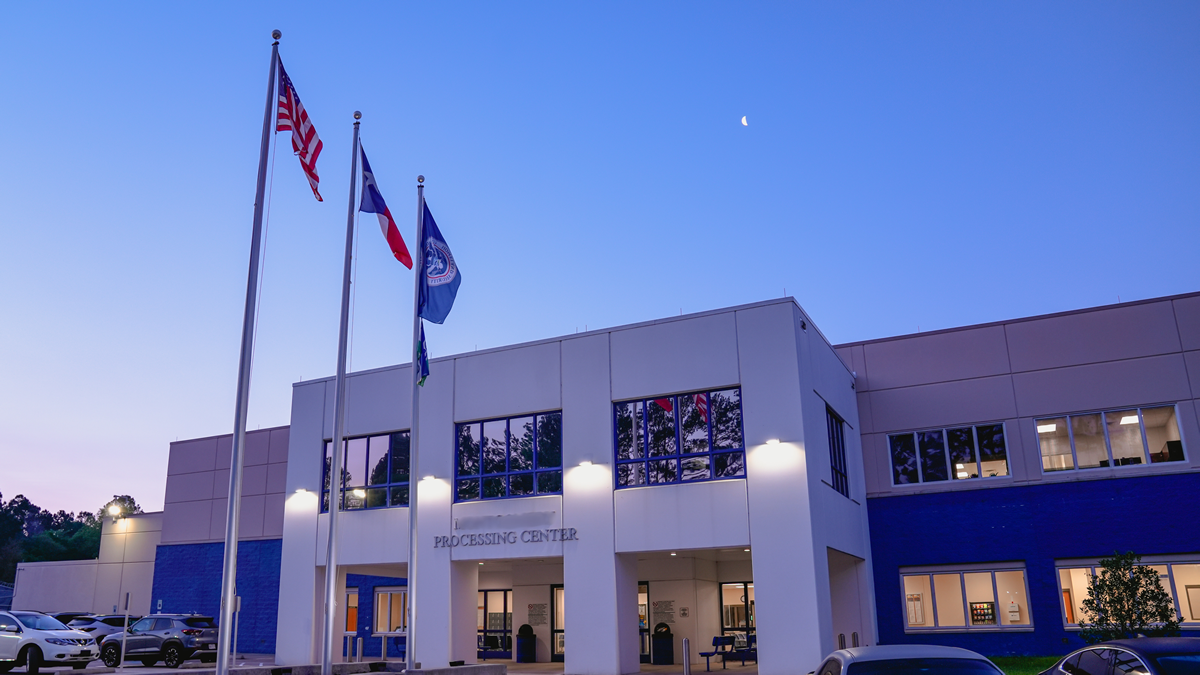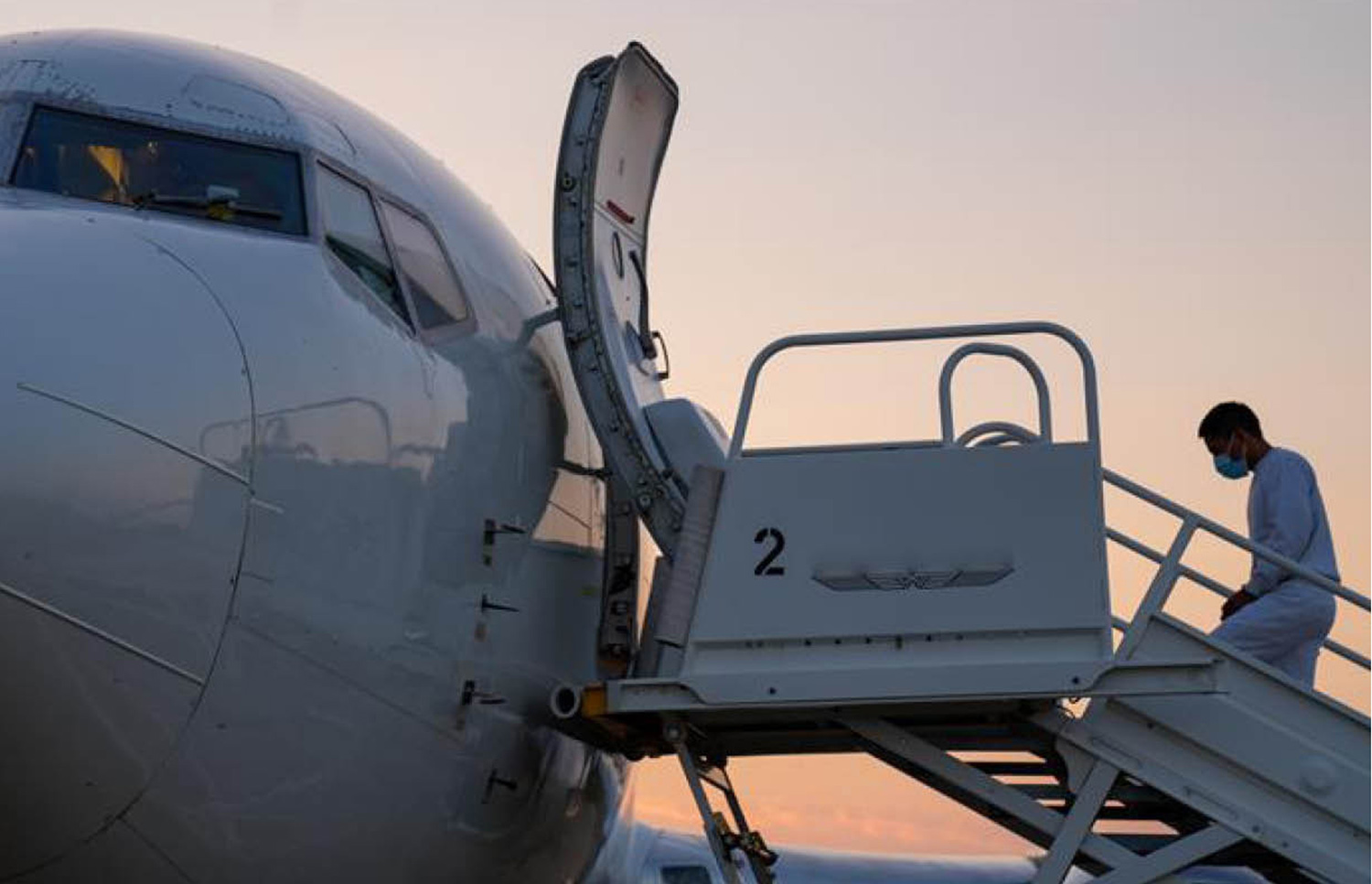
The ICE Health Service Corps ensures detained aliens receive required medical services while supporting ICE’s national security and public safety missions.
ICE Health Service Corps supports ICE and its mission to protect national security and public safety. From medical treatment in detention facilities to assessing migrants at sea and ensuring aliens’ safety during deportation flights, ICE Health Service Corps’ medical professionals are a critical part of ICE’s mission to protect national security.
In Facilities
Dr. Manuel Diaz Lopez is a doctor with the ICE Health Service Corps at the Krome Service Processing Center, where he administers medical treatment to aliens in ICE custody. Doctors like Dr. Lopez check for and treat diseases that could spread to the public if not treated. His work, along with the education he gives detained aliens, helps prevent the spread of contagious diseases within the United States.
“One of the big health concerns ICE faces is stopping the spread of tuberculosis,” Dr. Lopez said. “By detecting and treating it early, the ICE Health Service Corps helps prevent this dangerous disease from spreading to our communities.”
The ICE Health Service Corps upholds health care standards across ICE-owned and contracted facilities using four sets of national detention standards to govern conditions of confinement. All ICE facilities staffed by ICE Health Service Corps health professionals comply with Performance-Based National Detention Standards 2011.
At Sea
ICE Health Service Corps medical providers partner with the U.S. Coast Guard to respond to emergencies involving aliens interdicted at sea. Because diseases can spread quickly during sea journeys, it’s important to control outbreaks to keep everyone safe.
Cmdr. Kenneth Felkley, a physician assistant with the ICE Health Service Corps at the Florence Service Processing Center, works with the USCG on migrant rescue operations and provides medical care to aliens at sea. After identifying aliens who may have infectious diseases, Cmdr. Felkley separates sick individuals from the rest of the group to stop the disease from spreading to others.
“There’s always a need to be ready for anything,” Cmdr. Felkley explained. “The crew takes many precautions to bring migrants safely aboard once the USCG apprehends them. It’s a tough job that comes with a lot of stress.”
He trains USCG crew members on how to manage medical emergencies, including treating major injuries, breathing problems and hypothermia. This training prepares the crew for any emergencies that may happen during their missions.
In the Air
Cmdr. Syllenia Jones is a flight nurse with the ICE Health Service Corps based at the San Antonio ICE office. She plays an important role in local and global public health security.
“We always prepare for emergencies during flights,” Cmdr. Jones explained. “Our goal is to reduce medical risks in challenging situations and ensure smooth operations for international air transport.”
The ICE Health Service Corps follows strict medical and safety guidelines to keep people safe during flights. Flight nurses like Cmdr. Jones receive specialized training in trauma care, aeromedical medicine, and emergency care for adults and children. They also learn about aircraft safety, how to handle emergencies and the effects of altitude on health.
ICE Health Service Corps Services
ICE Health Service Corps comprises a workforce that includes physicians, psychiatrists, social workers, dentists, registered nurses, medical assistants, pharmacists and other health professionals who manage and operate ICE health care for detained aliens from over 230 countries. Whether in detention facilities, at sea, or in the air, ICE Health Service Corps staff deliver medical treatment with professionalism, ethical integrity and clinical excellence. Learn more about ICE Health Service Corps on the IHSC website.
IHSC Careers
Are you interested in a career that provides for the health and safety of detained aliens? Learn more about working for ICE and see our open positions.

